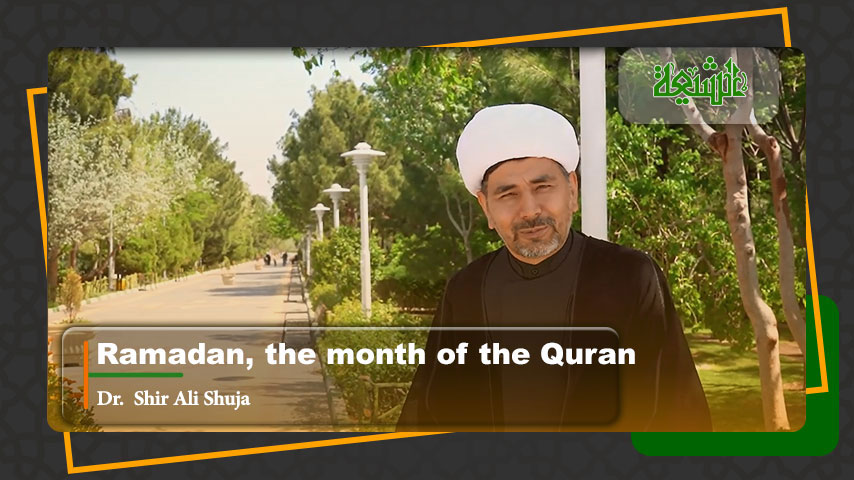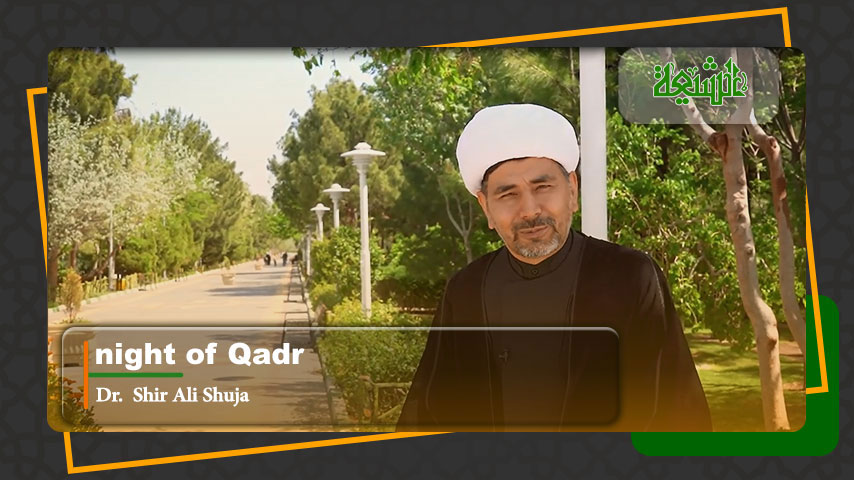In this article titled “Islam Doctrines on Equality, Realism, Wisdom and Mysticism”, we shall continue with other relevant issues on the topic here.
The Superiority of Islam in the Doctrine of Divine Unity
The above are the three stages that the lovers of the Truth in the various religions of the world pass through. When they begin their travel on the way to spiritual perfection they take these stages to be their final goal. Islam, however, does not limit itself to these stages but delineates a goal for its followers which is even higher and which surpasses the goal formulated in the text of any other religion.
For, it does not stop at negating all limitations from God and considering Him as infinite and transcendent over all qualification, but it goes so far as to negate from Him this very quality of Infinity (since every quality [even that of Infinity] cannot help but “qualify” and so limit that to which it is attributed.) Hence the Divine Essence is considered as transcending all names and designations and even as transcending this very description.
The sixth Shi’ite Imam, Ja’far al-Sadiq, according to a tradition which is quoted by al-Kulayni in the book al-Kafi, has deduced this stage from the following verse of the Holy Quran: “Say (unto mankind): Cry unto Allah, or cry unto the Beneficent, unto whatsoever ye cry (it is the same) . He is the most beautiful names.”(1)
However, since further elucidation of this doctrine would mean that we must enter a philosophical discussion which is not in keeping with the nature of the present article, for the present we must leave this aside.
Sanctity in God
The followers of the path towards perfection from the beginning of their journey until the point where they reach final peace witness a great deal which must remain hidden from the eyes and hearts of the earth-bound inhabitants of the material world, and a consideration of these states and stations would be beyond the scope of the present article. What is important here is the question of sanctity in God (Wilayat-i Ilahi).
When the travellers on the spiritual path reach the stage of Divine Unity and enter into the proximity of God, they let go totally of what they had possessed up to that time, for they have come to know that everything belongs to God. They give up the false claim of “owning” things and of being independent in this ownership. It is then that an indescribable tranquillity and repose comes over them and they are released absolutely from all pain, fear and sorrow.
“Lo! those who say: Our Lord is Allah, and afterwards are upright, the angels descend upon them saying: Fear not nor grieve, but hear good tidings of the paradise which ye are promised. We are your protecting friends in the life of the world and in the Hereafter.”(2) Lo! verily the friends of Allah [those who possess sanctity, wilayah] are (those) on whom fear (cometh) not, nor do they grieve.”(3)
It is at this point that worldly joys, sorrows, successes and failures appear to them as all the same, and having found a new existence they view the world and all that it contains in a new light. He who was dead and We have raised him unto life, and set for him a light wherein he walketh among men, as him whose similitude is in utter darkness?”(4) And in the end they and everything they possess belongs to God, and God to them: ‘Whoso is near to God, God is nigh unto him.”
Conclusion
From our discussion, it has become clear that the spiritual life in Islam is wider in its scope and more profound in its depth than what is found in other religions, for, as we have explained, Islam in its breadth has laid down detailed guidelines for all of the possible situations of human existence, whether as regards this world or the next; and in its upward flight and its depth, it aims at a goal beyond that of other creeds.
NOTES:
__________________________________________
1. The Holy Quran: 17, 110.
2. The Holy Quran: 91, 30-31.
3. The Holy Quran: 10, 63.
4. The Holy Quran: 6, 123.
















